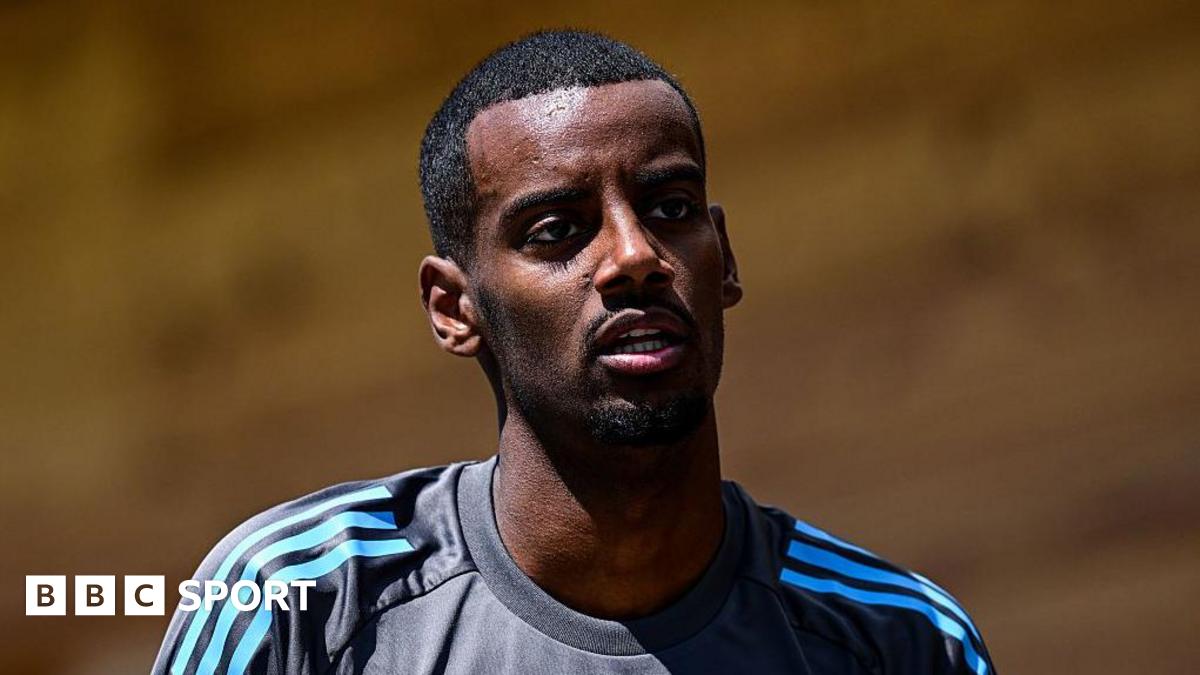
Alexander Isak's current situation, training at Real Sociedad while Newcastle are in pre-season, raises critical questions about Newcastle United's long-term financial and tactical strategy. While the club maintains it's a minor injury, the confluence of his absence, Liverpool's reported interest, and Howe's carefully worded statements paints a complex picture that demands a closer look.
The initial £60 million investment in Isak in 2022 signaled Newcastle's ambition to compete at the highest level. His subsequent performance – 27 goals in 42 appearances last season – seemingly validated that investment. However, footballing economics are rarely so straightforward. Newcastle's stated aim is sustainable growth and remaining compliant with Financial Fair Play (FFP) regulations. Could Isak's potential departure be a calculated move to balance the books and facilitate further strategic investment in other areas of the squad?
This isn't merely about replacing a striker. Isak's profile – a technically gifted forward with pace and an eye for goal – isn't easily replicated. Replacing him adequately would require a significant outlay, potentially negating the financial benefit of his sale. The data suggests Newcastle's decision-making hinges on more than just immediate on-field performance. They may be prioritizing squad depth across multiple positions over retaining a single high-value asset.
Clubs facing similar FFP constraints have opted for comparable strategies. For example, clubs like AS Roma and Inter Milan have, at times, been forced to sell key players to maintain financial stability, even when those players were integral to their tactical setups. This pattern suggests that Newcastle's decision may be driven by the cold realities of modern football finance.
Tactically, Isak's departure would force Eddie Howe to reassess Newcastle's attacking approach. He brings a unique blend of hold-up play and direct running, allowing Newcastle to be both patient in possession and devastating on the counter-attack. Without him, Howe might need to shift towards a more direct, physical style, potentially favoring players like Callum Wilson, or invest in a different type of forward altogether. This would necessitate a recalibration of the team's training regime and tactical emphasis, potentially disrupting the squad's cohesion, built over the last 18 months.
The broader transfer market context is also crucial. Liverpool's reported interest creates a competitive environment, potentially driving up Isak's price. A bidding war could benefit Newcastle financially, but also risks delaying their own transfer activity, potentially leaving them scrambling for replacements in the final weeks of the window. The club must weigh the short-term gain of a higher transfer fee against the long-term risk of squad imbalance.
While losing a player of Isak's caliber would be a setback, it could also be a necessary sacrifice to ensure the club's continued growth and competitiveness in the years to come. The true test of their strategy will be how effectively they reinvest the funds generated from his potential sale and whether they can maintain their upward trajectory without his undeniable talent. Whether his departure signals a shift in tactical approach or a broader strategic realignment remains to be seen, but its implications extend far beyond the immediate season.